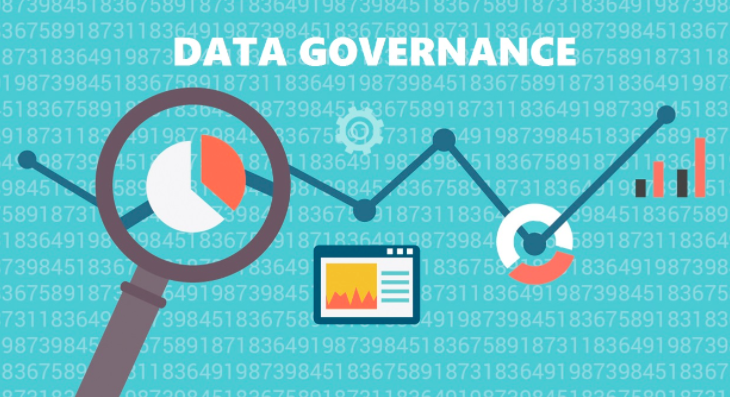
Data governance is very crucial as it brings an essential meaning to the organizations’ data. In fact, with master data management, one can add understanding and trust to the organization’s data through a robust company glossary and stewardship. As a result, this will perfectly accelerate the process of digital transformation across the organization.
Data governance is a significant part of compliance, and this a process of managing the integrity, security, usability, and availability of the data in the systems. On the other hand, internal standards and policies govern the data.
Understanding the importance of data governance
It is a fundamental part of the organizations that deal with big data and result in standard as well as a consistent business process across the map. Besides, the governance effectively highlights the data types that one needs to control through the data governance strategies.
Speaking more about it, it sets some clear rules about the role of the person who is responsible for data. Furthermore, the rules should be agreed upon across various departments of the company.
Benefits of data governance
Nowadays, all most all companies depend on data for different activities. So, you can’t move ahead without an information game plan. Remember that data is the heart of different functions, such as planning, controlling, customer services, process control, and more. And to effectively carry out these functions, you need reliable and accurate data. This is where data governance comes to play. Now, let’s have a look at some other benefits of data governance.
-
Reliable and better data
Decision-makers, as well as users, will get confidence in the data, and as a result, they can make their decision confidently. Remember that those decisions are better as they are based on highly accurate information.
-
Breaking down the data siloes
Well, all the data will become siloed if there is no perfect centralized system to manage the data. Individuals will become responsible for managing the data. As a result, data may not get ideally shared within teams. However, with data governance, you can effectively dismantle the data silos.
-
Industry, legal and regulatory compliance
A robust data management procedure is the primary factor in data compliance. In fact, regulatory management experts and auditors will not look at the data so much as they look into matter how the data is generated, protected, and managed.
-
A significant reduction in the cost
With perfect data governance, the audits will become easy and fast. On the other hand, the day-to-day operations will also become more effective and efficient. What’s more? You can also lower the waste developed by decisions made considering the outdated data. Besides, this can also help you in offering better customer service as you will get to know all the essential information about the customers.
While creating a data governance strategy, make sure that it includes data policies, standards, data scope, organizational structures, and metrics. Apply the strategy and make your organization ready to witness perfect growth while improving the overall data security.


